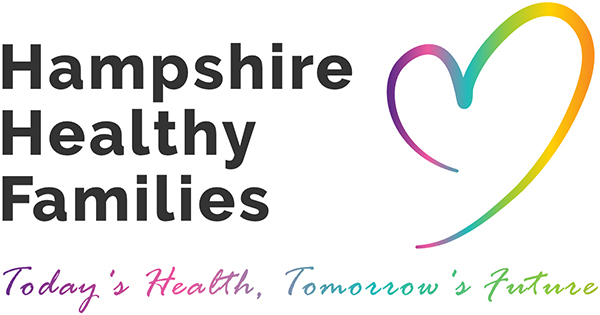Top tips for immunisation day
Clothes -
Wear a short-sleeved shirt, blouse or T-shirt for the session, to make it easy for the immunisation nurse to give the vaccine in your upper arm.
Food - Make sure you have something to eat and drink before school and during the school day, after you’ve had your vaccination.
Keep calm - Remember it’s OK to feel nervous, but it’s really important to stay calm, and the nurse giving you the vaccination will be able to help you with this.
Music - If your school allows, you can listen to music during the vaccination to help you chill out.
Relax and count to 5 - The injection is really quick and will be over before you know it!




 Tell Us How We Can Improve Our Website
Tell Us How We Can Improve Our Website